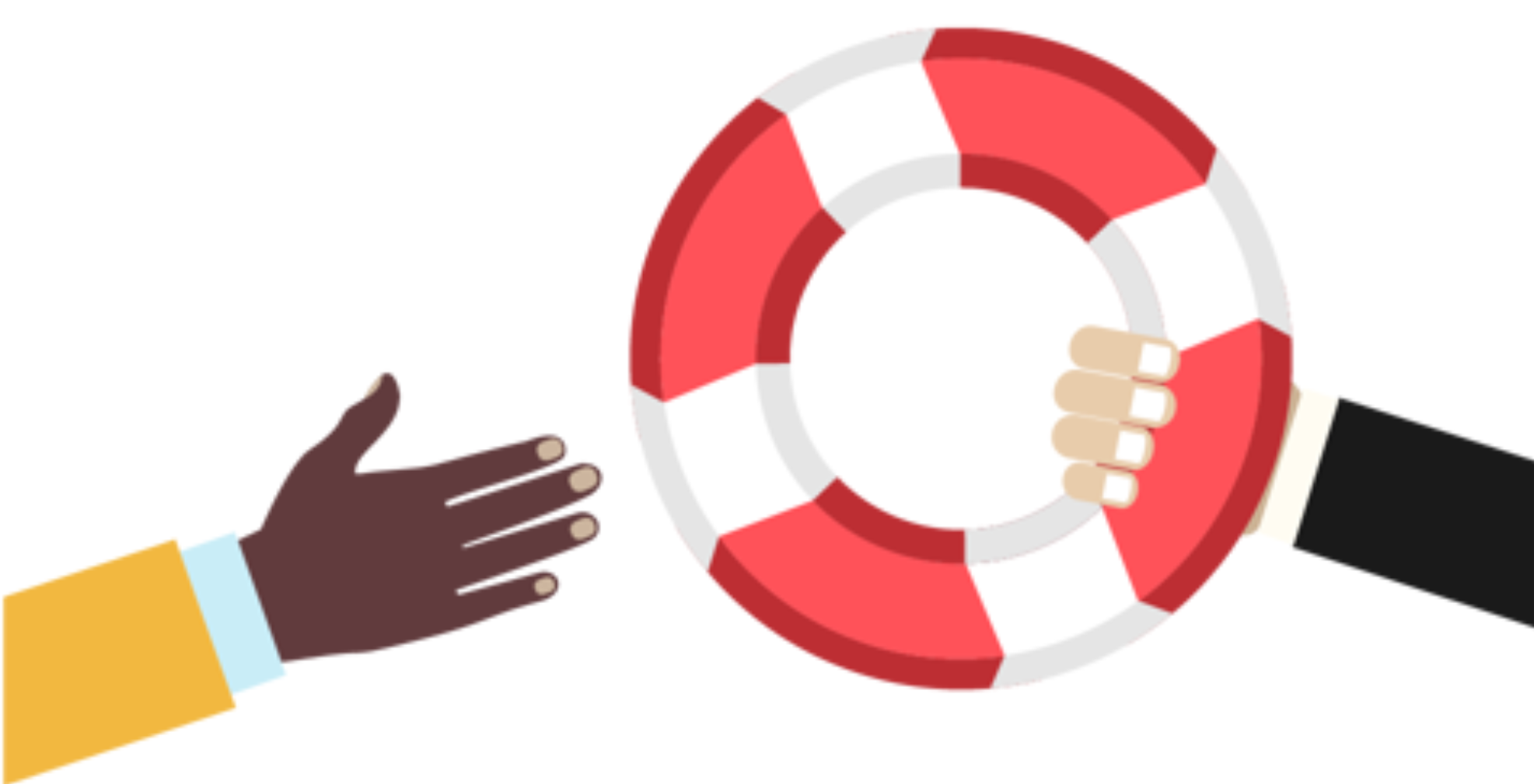The River Analogy
Posted 28.03.24
The River Analogy
Within Public Health, we talk about the river analogy to explain why we need to get interventions like Stress Control to as many people as possible, as quickly as possible. The idea is that people stand, upstream, on the river bank. Things start to go against them - stressors that affect them more and more, and, as a result, because they don’t have the required skills to combat those stressors, they fall into the river. As no-one has taught them to swim properly, they start to drift downstream. And, as they do so, they get weighed down by other problems that develop as a result of being in the river. Because of this, no matter how hard they try, they can’t reach the safety of the bank and get out the river again. Because they are struggling, their problems multiply – what started off as a simple problem becomes a complex one. They end up feeling overwhelmed and demoralised and give up trying to get out.
This example is used for physical health, e.g., diabetes and heart disease and mental health. To think of an example in stress terms, maybe they were struggling with family problems, work problems, maybe money problems. They then experienced a panic attack. That was, of course, frightening but, because they didn’t know how to deal with this, they greatly feared another panic and felt powerless to prevent it. So, using the analogy, this was enough to push them from the safety of the riverbank into the river. Once in the river, of course, the panics continued, a more general anxiety developed and depression entered the picture. Because they felt powerless to stop themselves drifting downstream, their self-confidence rapidly deteriorated. Because they didn’t know how to control the panic, anxiety, depression and confidence problems, they feel at the mercy of the river and continue to drift downstream, their problems getting worse as they did so. By the time, they reach downstream, they are so weighed down by their problems they become demoralised, give up trying and so, the problems worsen: a vicious circle.
Too much of our health system focuses on those who have reached downstream, people whose problems are much harder, and more expensive and time consuming to sort out. Interventions for these people take a lot more time, it is hardly surprising that waiting lists develop and, due to the length of time the person has been suffering, and how complex the problems have become, a lot of people maybe don’t do all that well and really struggle day to day. They maybe, to continue the analogy, are only able to keep their heads above water rather than make considerable progress, or they remain struggling in the water and are swept even further downstream.
What the river analogy tells us is that we need much better early intervention approaches to get to the person upstream, just after they have fallen in the river when it will be easier to help teach them ways to control their problems and get to the riverbank and back onto dry land to safety. Better still, we need to offer preventative interventions – stop the person from falling into the river in the first place by helping to teach them skills to combat whatever stresses are pushing them towards the river. And, of course, because so many people are already downstream, we need interventions that can help those with the significant common problems what are usually found together – anxiety, depression, poor sleep, panicky feelings, low self-confidence and self-esteem and poor wellbeing to teach the skills that will not only help keep their heads above water, but will allow them to move back to the riverbank in time.

What we know from the independent peer-reviewed published research is that Stress Control can work, and work well, at each of these levels – prevention (river bank), early intervention (upstream) and clinical-level intervention (downstream). So, no matter where you feel you are just now – on the river bank, worrying you might fall in; upstream, in the early days of falling in the river or; much further downstream with what you might feel to be well-entrenched problems that are overwhelming and demoralising you, this course has skills that will help you get on top of these problems.
